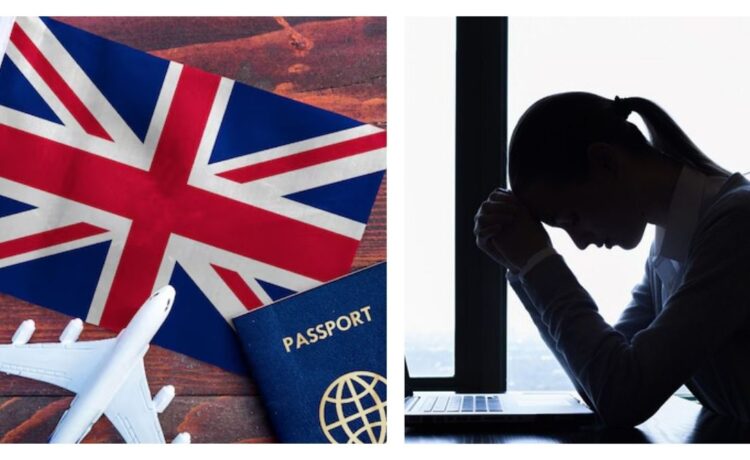The UK government released its immigration white paper on Monday, May 12, stating a range of proposed changes to legal migration routes. A key part of the plan includes reforms to the Graduate Route visa, which currently allows international students to remain in the UK after completing their studies.
While there had been speculation that the Graduate Route would be restricted to those securing specific professional roles, the white paper does not go that far. Instead, it suggests reforms will “strengthen the requirements to work and contribute” for graduates who choose to stay on. The details of these changes, however, remain unclear for now.
One of the most significant proposed reforms is a reduction in the length of the Graduate Route visa from two years to 18 months. This move is part of broader efforts to bring down net migration, restore order to the system, and ensure fairness while promoting economic growth.
In addition, the government is considering a new levy on universities for each international student they enroll. A 6% levy has been presented as a model example, with final decisions expected in the Autumn budget. The funds would be reinvested into the UK’s higher education and skills system.
The white paper also includes steps to prevent abuse of the student visa system. The government plans to tighten requirements for institutions sponsoring international students, raising thresholds in the annual Basic Compliance Assessment (BCA). Sponsors will now need a minimum 95% course enrolment rate and 90% course completion rate to remain eligible. To support these changes, a new “Red-Amber-Green” rating system will be introduced, highlighting how well institutions are meeting standards. Those performing poorly may face restrictions on international student numbers and be required to undergo tailored improvement plans.
“I’m so mad at myself right now!”
Meanwhile, a candid and emotionally charged LinkedIn post by a London School of Economics (LSE) researcher is making waves online, sparking a broader conversation about the graduate visa.
“It’s official: UK graduate visas are a £3,000-worth scam,” the researcher begins. “To anyone pondering where to study in Europe—do not repeat my mistake. Don’t waste your time, energy, and money boosting the UK economy for nothing in return.” The researcher details her struggle post-graduation, describing the intense financial and emotional toll of seeking a sponsored role in the UK—a challenge that many international graduates reportedly face. She criticizes the Graduate Route visa for offering little more than temporary stay with no clear path to long-term stability.
She further added, “I spent a huge amount of money and time trying to secure sponsorship, only to find out that even if I succeed, I’ll be living in uncertainty for the next ten years,” she writes. “In hindsight, I should have applied for a High Potential Individual visa elsewhere—somewhere my skills might be valued. I promise I’m not usually this grumpy and negative. But someone has to say it.”
The post has struck a chord with many, including fellow graduates who echoed the sentiments in the comments.
One user remarked, “The £3,000 ‘souvenir’ from the Home Office comes with no job, no stability, and just enough existential dread to last a decade. A true collector’s item. You didn’t just get a degree—you got front-row tickets to the UK’s most immersive simulation: What If Kafka Designed an Immigration System?”
Another commenter, who studied in Ireland, stated similar struggles despite investing in post-study permits, “It’s exhausting and disheartening. Interviews felt out of reach simply because I wasn’t Irish. Thank you for voicing what many of us have silently endured.” A user also noted, “There’s still some time—however long that is—before the white paper is implemented. I’m hoping (a fool’s hope!) to get in before the doors shut completely on international talent.”


